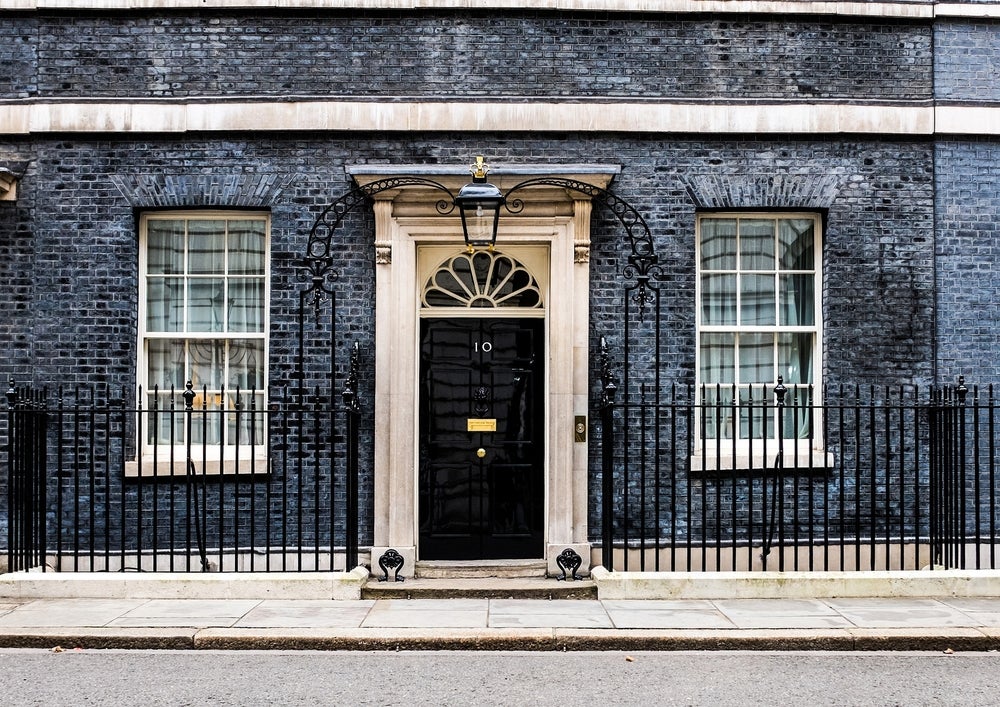
With less than two days until the election, tax experts at HW Fisher, a leading audit and advisory firm, share what they’d like to see from the next UK Government to supercharge UK businesses.
- Invest in HMRC to provide a faster service for all
HW Fisher corporate tax partner, Toby Ryland, said: “There is nothing more frustrating than trying to get in touch with HMRC. Call waiting times are at an all-time high, responses take forever, and getting hold of the person you need is borderline impossible. This is causing serious delays at all stages of interaction. Tax enquiries are taking too long to solve, and repayments are slow to process. The next government must commit to staffing HMRC properly to stop the needless cycle of delays and the frustration it causes for everyone involved.
“Banks also need to be quicker at opening new business accounts, especially for those that are inward investors into the UK. It is shocking that an overseas business can incorporate a UK subsidiary company, register it for tax, VAT, and payroll within a short time, but they cannot open a bank account for months and months. If the UK is serious about attracting more overseas investment to create new jobs and wealth, this issue needs to be fixed sooner rather than later.”
- Champion SMEs and entrepreneurs
HW Fisher business solutions CEO, Simon Michaels, added: “The rising number of company insolvencies should ring alarm bells — yet we’ve seen little action to help small businesses survive the UK’s current high interest rate environment. We need fresh measures to support SMEs, starting with addressing their cash flow challenges. One option is a new payment initiative for large companies and government agencies to guarantee faster payments for SMEs.
“A recent Treasury Committee report reveals how banks are mistreating small businesses. In the last year more than 140,000 have been ‘de-banked.’ Loan approval rates are falling drastically, and more business owners are being forced to use their personal assets as collateral.
“Instead of turning their backs on businesses in their time of need, we need to see more government backed schemes that ensure fair access to low-interest loans for SMEs. Otherwise, the incentive for entrepreneurs to start their own business will quickly disappear.”
How well do you really know your competitors?
Access the most comprehensive Company Profiles on the market, powered by GlobalData. Save hours of research. Gain competitive edge.

Thank you!
Your download email will arrive shortly
Not ready to buy yet? Download a free sample
We are confident about the unique quality of our Company Profiles. However, we want you to make the most beneficial decision for your business, so we offer a free sample that you can download by submitting the below form
By GlobalData- Streamline trade with the EU
HW Fisher indirect tax partner, Gerry Myton, concluded: “Four years on from Brexit and both businesses and consumers are still paying the price, via the increased costs of doing business which flow through into supply chains. In fact, two thirds of respondents to a British Chambers of Commerce survey say that trading with the EU is now more difficult to do than it was a year ago.
“It’s a trend we are seeing with our own clients. Getting goods through the hard border that now exists between the UK and the European Union – as well as the reporting that is required – has become a significant barrier to growth for many exporters, particularly those selling goods B2C. Added to that complexity is the recent imposition of border controls that has significantly increased the cost of importing goods from the EU for certain sectors.
“We anticipate that many businesses, particularly smaller ones, would like the UK to rejoin the customs union and/or the single market. If that is not possible, at the very least we would like to see improved implementation of the EU–UK Trade and Cooperation Agreement to allow greater trade facilitation to provide greater predictability for business. This will be the challenge for the next government in negotiations with the EU in mid to late 2026.”






